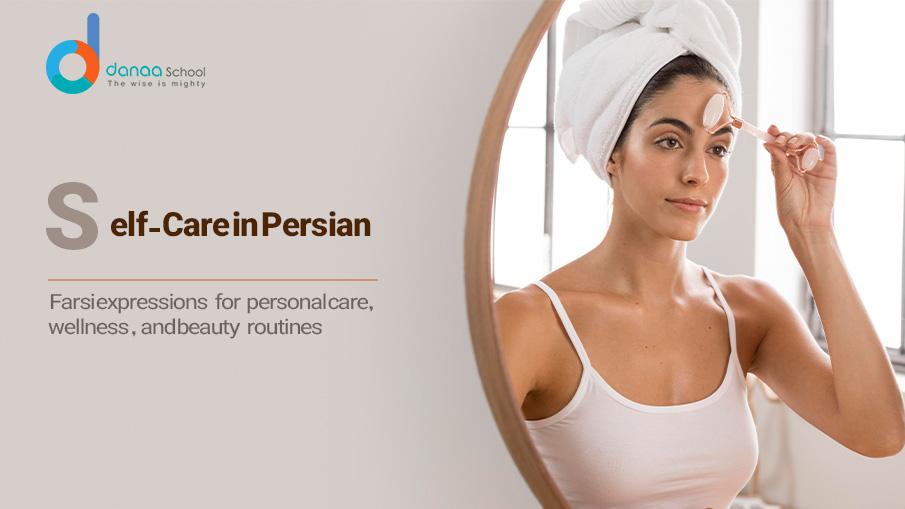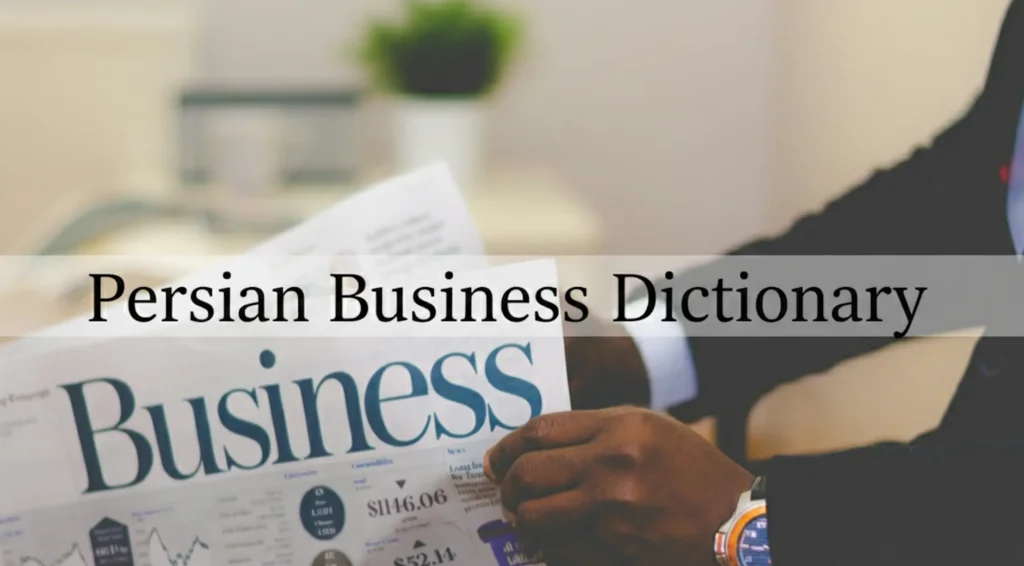Personal Care in Persian: Everyday Farsi Vocabulary and Cultural Insights
Understanding personal care in Persian is an essential part of learning both the language and the culture. In Persian society, personal care goes far beyond basic hygiene — it reflects self-respect, wellness, balance, and cultural identity.
Whether you are learning Farsi or simply curious about Persian lifestyle habits, this guide introduces real-life vocabulary, traditions, and everyday expressions related to personal care in Persian.
What Does Personal Care Mean in Persian Culture?
Personal care in Persian (مراقبت شخصی) is deeply rooted in traditions that emphasize cleanliness, self-awareness, and dignity. Historically, Persian culture has valued grooming, skincare, pleasant fragrance, and neat appearance as signs of respect for oneself and others.
From ancient hammams (traditional public bathhouses) to modern self-care routines, personal care has always played an important role in daily Persian life.
Essential Skincare Practices in Persian Culture
Skincare (مراقبت از پوست) is a key element of personal care in Persian. Many traditional practices rely on natural ingredients that are still widely used today:
- گلاب (Golab – Rosewater): Used as a natural toner to refresh and soothe the skin.
- زعفران (Za’faran – Saffron): Known for its brightening effect on the skin.
- روغن بادام (Roghan-e Bâdâm – Almond Oil): Helps moisturize and nourish the skin.
- ماسک ماست و عسل (Yogurt and Honey Mask): Naturally hydrates and softens the skin.
In Persian culture, glowing skin is believed to come from both internal balance and external care.
Hair Care in Persian Daily Life
Hair care (مراقبت از مو) is another important aspect of personal care in Persian. Traditional hair care practices focus on nourishment and natural strength:
- روغن نارگیل (Coconut Oil): Strengthens hair and prevents dryness.
- حنا (Henna): A natural conditioner that also adds color and shine.
- سرکه سیب (Apple Cider Vinegar): Used as a rinse to remove buildup and add shine.
The goal is healthy, clean hair rather than excessive styling.
Personal Hygiene Practices in Persian Culture
Hygiene (بهداشت فردی) is considered a basic form of self-respect in Persian society. Common daily habits include:
- استحمام منظم (Regular bathing): Cleanliness is highly valued.
- مسواک زدن روزانه (Daily tooth brushing): Oral hygiene is essential.
- استفاده از عطر (Using perfume): Fragrance is part of everyday grooming.
- آراستگی شخصی (Personal grooming): A neat appearance shows respect.
Traditional Persian Beauty Secrets
Many beauty practices in Persian culture rely on simple, natural remedies passed down through generations:
- روغن زیتون (Olive Oil): Used to moisturize skin and hair.
- زعفران و شیر (Saffron and Milk): Traditionally used to brighten the complexion.
- ماسک خاک رس (Clay Mask): Helps cleanse and purify the skin.
Self-Care and Mental Well-Being in Persian Culture
Personal care in Persian culture also includes mental and emotional well-being (سلامت روان). A balanced life is seen as essential for overall health.
- مدیتیشن و یوگا (Meditation and Yoga): Used for relaxation and stress reduction.
- طب سنتی ایرانی (Traditional Iranian Medicine): Herbal remedies for balance and wellness.
- موسیقی سنتی ایرانی (Persian Traditional Music): Supports emotional calm and reflection.
Common Persian Phrases Related to Personal Care
These everyday phrases are useful when talking about personal care in Persian:
- باید از پوست خودت مراقبت کنی. – You should take care of your skin.
- هر روز دوش میگیرم. – I take a shower every day.
- روغن بادام برای مو خیلی خوبه. – Almond oil is very good for hair.
- سلامت روان خیلی مهمه. – Mental health is very important.
Learn Farsi with Danaa School
If you want to understand Persian culture beyond vocabulary, Danaa School offers practical Farsi courses focused on real-life communication and cultural understanding.
FAQs About Personal Care in Persian
What is personal care called in Persian?
It is called مراقبت شخصی (Morâghebat-e Shakhsi).
What natural skincare ingredients are common in Persian culture?
Rosewater, saffron, almond oil, yogurt masks, and olive oil.
Is perfume important in Persian daily life?
Yes, fragrance is considered an essential part of grooming.
Are traditional Persian beauty practices still used today?
Yes, many people continue to use natural and traditional remedies.
How is mental well-being connected to personal care?
Balance, relaxation, music, and herbal medicine are key elements.
Conclusion
Personal care in Persian reflects a holistic approach to life, combining physical hygiene, beauty, and mental well-being. Rooted in tradition yet adapted to modern life, Persian self-care practices continue to promote balance, health, and self-respect.









